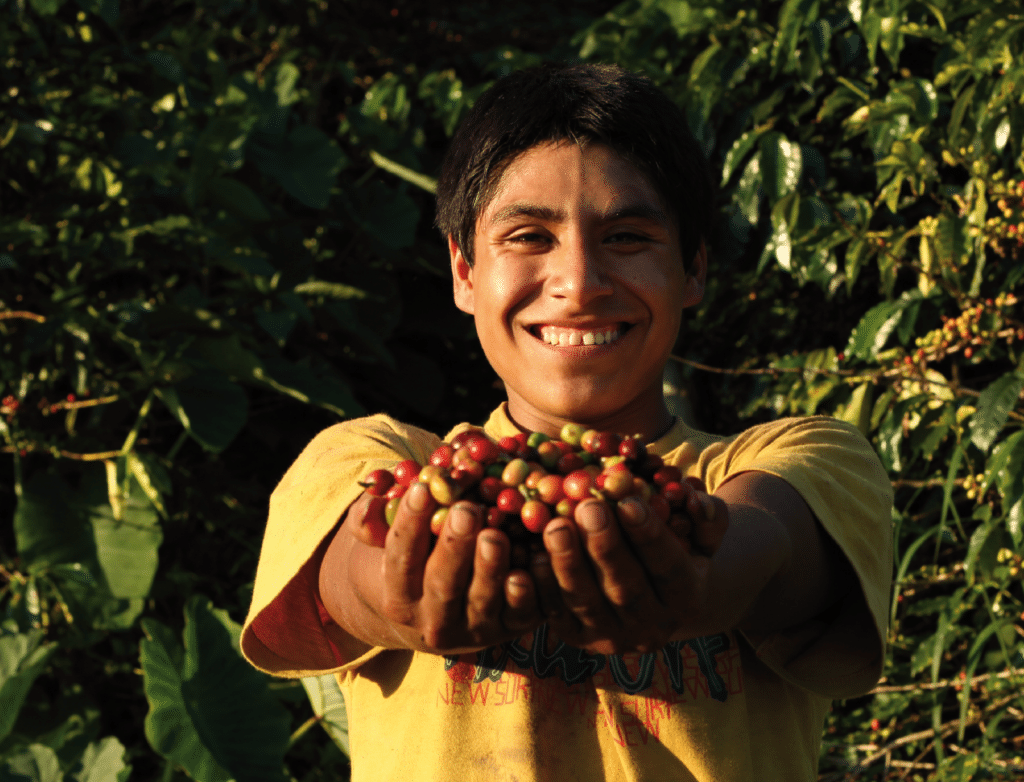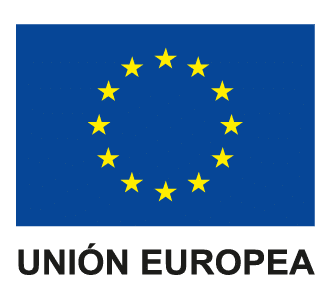The change that has taken place in this community is in production and reforestation. We farmers have made this barren area in a forest, we have made it beautiful, and we are conserving it.
Genaro Alarcón, small coffee and wood producer in Santa Fe
Funded by the EU, the “Café Correcto” project demonstrated that smallholder farmers in Peru and Bolivia could grow sustainable coffee as they improved their living conditions and livelihoods.
Coffee is one of the most vulnerable crops to climate change, as its production and quality rely on rainfall and temperature. Therefore, its continuity is linked to the adaptation actions we can deploy without further delay.
In recent years, coffee farmers face several challenges around maintaining the quality and volume of their coffee harvests. Pests and diseases, deforestation, soil degradation, drylands and climate change are causing big losses. Coffee is one of the agricultural subsectors most vulnerable to climate change since production and quality are affected by rainfall and temperature variability. If the world is to continue enjoying its favourite hot beverage, we need to explore adaptation actions without further delay.
Smallholder producers face enormous challenges and live in high poverty and precariousness, with low access to public services and social security coverage. The lack of access to technologies, innovation on farming methods and markets plays a crucial role in preventing them from achieving decent living conditions, a stable livelihood, and the growth of their businesses.

Title: Café Correcto (Right Coffee)
Dates: 2015-2019
Location: Peru and Bolivia
Our role: We were part of a consortium lead by ProgettoMondo integrated by the National Coffee Board of Peru (JNC), the Federation of Bolivian Coffee Growers and Exporters (FECAFEB), the FORTALECER Savings and Credit Cooperative of Peru, the Institute for the Promotion of Solidarity Development (INPET), and the Coordinating Office for the Integration of Peasant, Indigenous and Native Economic Organisations of Bolivia (CIOEC-BOLIVIA).
Participants: 3000 farmers in the coffee value chain, 800 rural families and 300 leaders of coffee organisations and cooperatives in Peru and Bolivia.
Project Budget: £1.2 million
Themes: Food systems
Lead Donor: European Union

To reduce rural poverty in coffee production areas of Peru and Bolivia, Practical Action worked with farmers communities and associations, development agencies, local authorities and the Governments in a coordinated strategy for just and sustainable livelihoods through coffee.
The “Café Correcto” project, funded by the European Union, contributed to this process through agroforestry techniques that added value and productivity to the coffee, diversified the crops and nourished the land. It also promoted the diversification of income activities, such as apiculture and circular economy goods. The project shared knowledge with cooperatives to support their collective bargaining power with coffee buyers, and strengthened coffee organisational platforms for advocacy aimed at improving labour formalisation regulations, access to health services and insurance.
In addition, we worked with farmers, their adult children, and other young people to encourage farming and knowledge transfer continuity and innovation with youth-led initiatives. With the regional and national governments, we worked closely to incorporate these approaches into policies and budgets that addressed the coffee chain, rural labour, insurance and social security models, and new forms of access to public services.
The change that has taken place in this community is in production and reforestation. We farmers have made this barren area in a forest, we have made it beautiful, and we are conserving it.
Genaro Alarcón, small coffee and wood producer in Santa Fe
Over four years, the project built knowledge and strong partnerships among farmers, value chain workers, and local and national authorities to improve production, support better living conditions, strengthen livelihoods, and promote environmental sustainability. It also helped create and grow cooperatives, promoters, and leaders to ensure lasting impact.
Café Correcto contributes to progress against four of the 17 Sustainable Development Goals (SDGs).
Peru:
Bolivia:
Peru:
Bolivia:
Goal 1: No Poverty
Café Correcto sought to reduce the proportion of farmers living in poverty by providing training and tools for agricultural productivity and market access.
Goal 2: No Hunger
The project aimed to increase the productivity and incomes of small-scale family farmers through productive resources and inputs, knowledge, financial services, markets and opportunities for value addition.
Goal 8: Decent Work and Economic Growth
Farmers worked towards productivity through diversification, decent job creation, entrepreneurship, creativity and innovation, and were encouraged to create associations to help them achieve greater goals.
Goal 15: Life on Land
As part of the training for farmers, Café Correcto supports new approaches to regenerative agriculture and forestation to help care for the land.

Help us work with communities to tackle some of the world’s toughest problems.